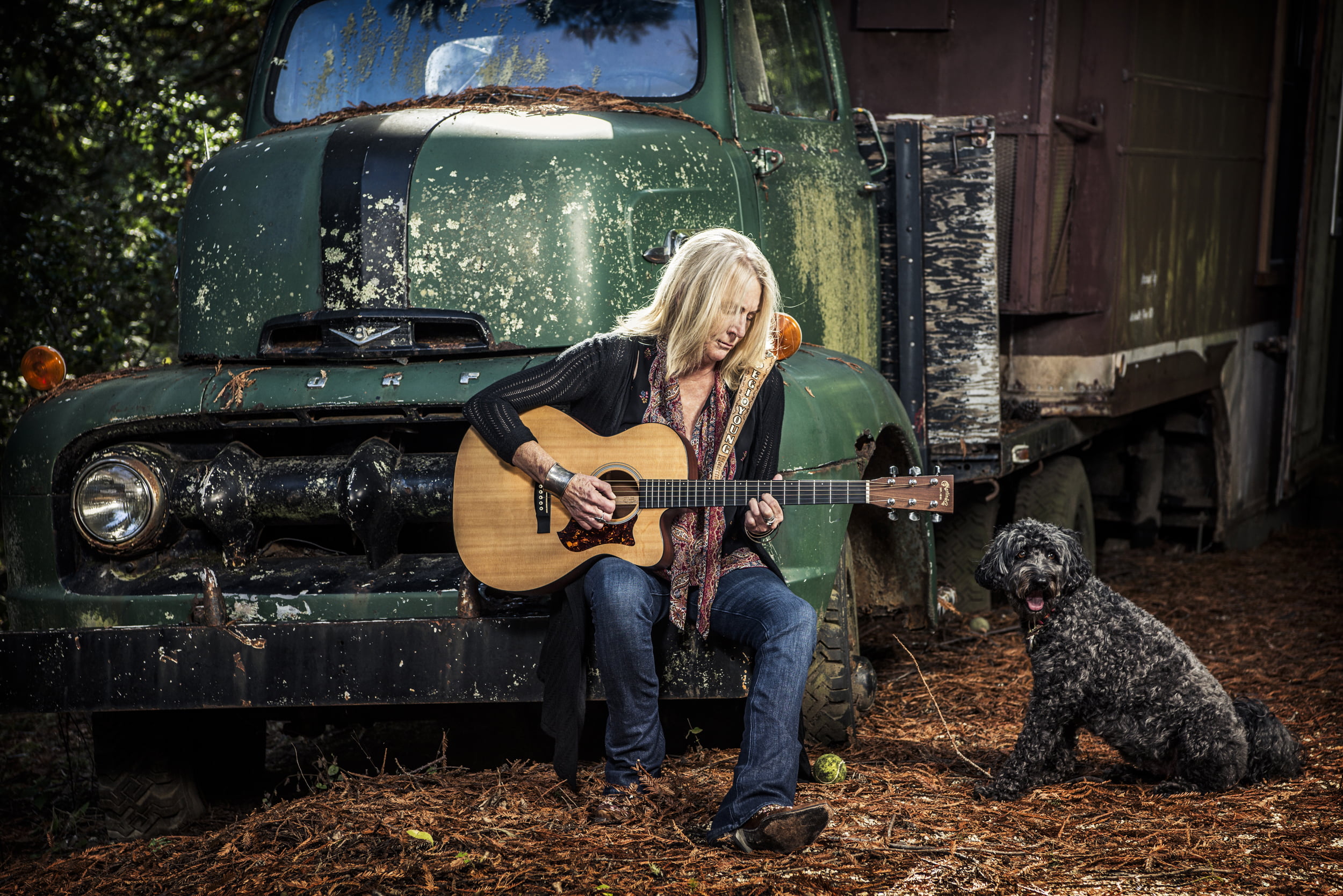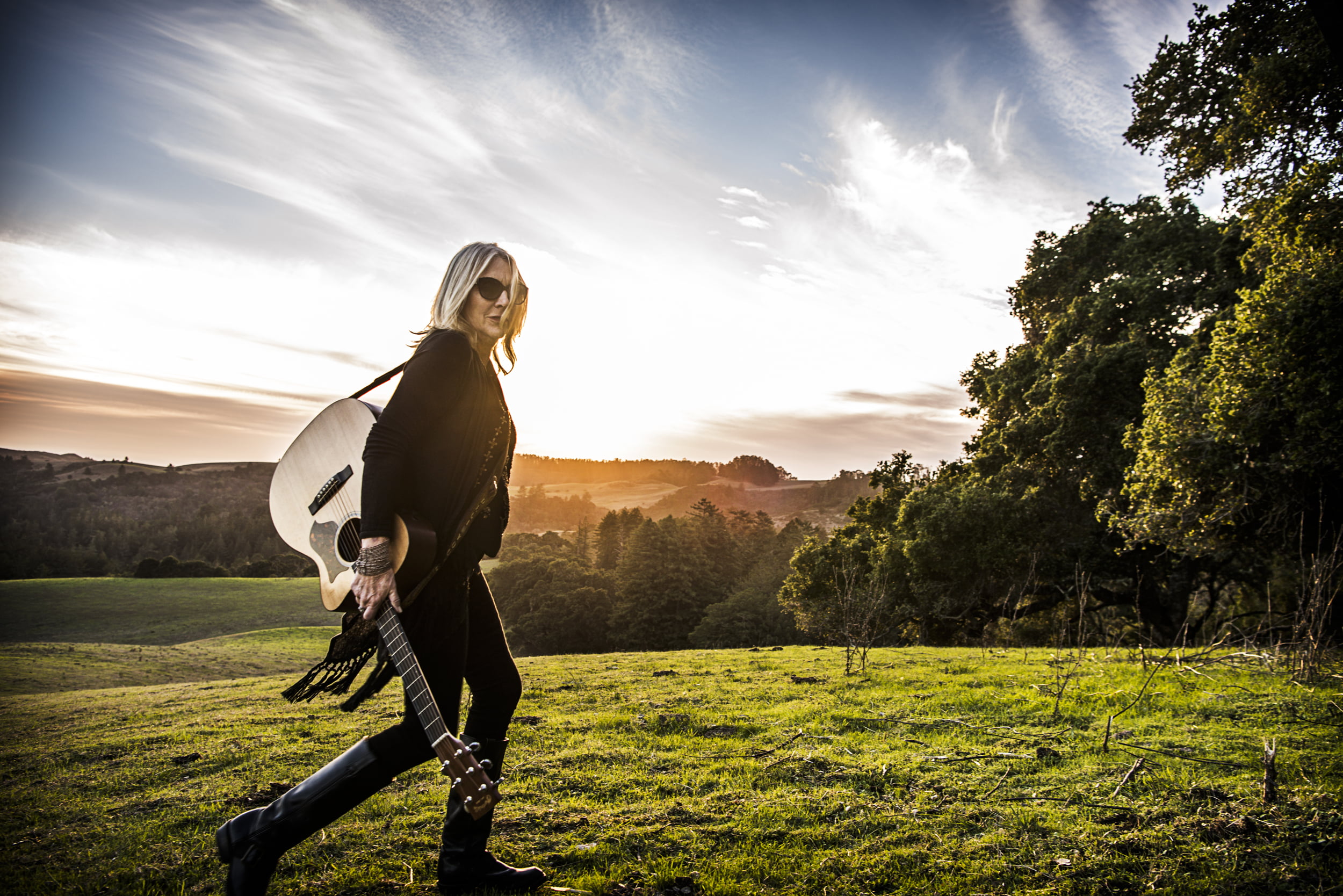Playlists are the new Mixtape – and who doesn’t love a good Mixtape? With the release of my brand new album, The Sound of Muscle Shoals, recorded at legendary FAME Studios in Muscle Shoals, Alabama, I thought it would be cool to highlight not only a few of the most important – albeit ubiquitous – classic songs, but more importantly some of the rare gems from the legendary Muscle Shoals canon. For a nerd like me, to be able to have personal access to reach out to guys like Norbert Putnam and David Hood and ask, “Where was this recorded?” is a surreal and cherished thing. I had no idea that Leon Russell’s “Stranger in a Stranger Land” was recorded down there– just amazing.
For this list, I didn’t want to put just the usual suspects on it, but how could you do a Muscle Shoals playlist and not include the song that launched Aretha’s career, “I Never Loved a Man”? For me, everybody on this list is owed some more attention, but the big three that jump out to me that should be way more well known, in my opinion, are Candi Staton, George Jackson, and Arthur Conley. Enjoy! – Mike Farris
“You Left the Water Running” – Otis Redding
Written by the great Dan Penn along with Rick Hall and Oscar Franks. I believe this may be the only record the Big O recorded at FAME – Rick Hall had merely asked Otis to sing the demo for an upcoming Wilson Pickett session – as this predates Otis’ ascension the King of Soul. This is one of the many great songs Dan Penn had a hand in, by the way.
“I Never Loved a Man (The Way I Love You)” – Aretha Franklin
A must for any Shoals playlist. The song that launched the Queen of Soul!
“Stranger in a Strange Land” – Leon Russell
I actually had no idea “Stranger” was recorded with the Swamper crew. There was a lot of confusion online about this one, but in the sometimes surreal nature of the music business, I realized that I could just text the great David Hood and simply ask him about it, which is nice. And he did, in fact, confirm it was recorded at Muscle Shoals Sound.
“Mustang Sally” – Wilson Pickett
Another must-have. I always imagined being in the studio watching everyone’s expressions on their faces while WP sang. It had to have been unreal. Also, this groove is DEEEP!
“Ease On” – Mike Farris
I tried to demo this song a few times, but it never came close to what I was hearing. From the moment we stepped out on the floor with all the FAME guys in FAME Studios’ legendary Studio A, I knew this song was being delivered to the right guys. It’s everything I imagined it to be and then some…
“You Better Move On” – Arthur Alexander
Arthur Alexander gave Rick Hall and FAME Studios their first hit record with “You Better Move On” and he was just getting started.
“Heart on a String” – Candi Staton
Candi is one of the greatest R&B singers, period. I could literally fill this playlist with all of the great Candi Staton songs.
“You Got a Lot to Like” – George Jackson
George Jackson was one of the most prolific and important writers in the Southern R&B and rock and roll world, make no mistake, but he was also a great artist in my opinion. This one highlights his great vocal ability.
“I’m Your Puppet” – James & Bobby Purify
A great song by the great Dan Penn and Spooner Oldham. In addition to being an all-around damn fine composition, “I’m Your Puppet” has to be one of the hardest hittin’ mid-tempo grooves of all time.
“When a Man Loves a Woman” – Percy Sledge
I once asked Spooner Oldham and the late Jimmie Johnson why they chose to use a Farfisa instead of a Hammond organ on “When a Man Loves a Woman.” I would actually throw these questions out knowing full well that it would spark a long, meandering, completely engaging conversation with them that could and would take you all over town and back before finally coming back around to what would typically be a simple answer. This question was no different. The answer, given by Jimmie and agreed upon by Spooner was, “We used the Farfisa because that was all we had.”
“I’ll Take You There” – The Staples Singers
Produced by Al Bell, possibly the biggest hit by The Staples features an iconic shoutout by Mavis to the legendary “Swamper,” David Hood, on bass. Jimbo Hart pays homage to his hero, David, on “Learning to Love,” from my new album, The Sound Of Muscle Shoals, which I am forever grateful for.
“Loves Me Like a Rock” – Paul Simon
One of my favorite songs growing up. I clearly remember hearing this song play over WCDT 1510-AM radio station in my hometown as a kid and being completely taken with the backing vocals of the great gospel group, The Dixie Hummingbirds.
“Sweet Soul Music” – Arthur Conley
Classic soul swing-dance groove with one of the most explosive and iconic horn intros of all time! Soon as they heard that intro in the control room, you just know that they knew they had a hit on their hands.
“I Worship the Ground You Walk On” – Jimmy Hughes
Jimmy Hughes at his best with a very underrated classic
“This Love of Mine” – Arthur Conley
Incredible number with an amazing arrangement by the one of the greatest soul singers of all time, Arthur Conley.
“Before There Was You & I” – Mike Farris
I had the verses and chorus when I showed up at FAME. What I didn’t have was the B section for the solo break and the outro, which the great Will McFarlane came up with. It made the song
“Lovin’ the Easy Way” – Candi Staton
This has to be one of the steamiest, sexiest songs ever.
Photo Credit: Ed Rodes


 How did you begin discovering your own strength again?
How did you begin discovering your own strength again?